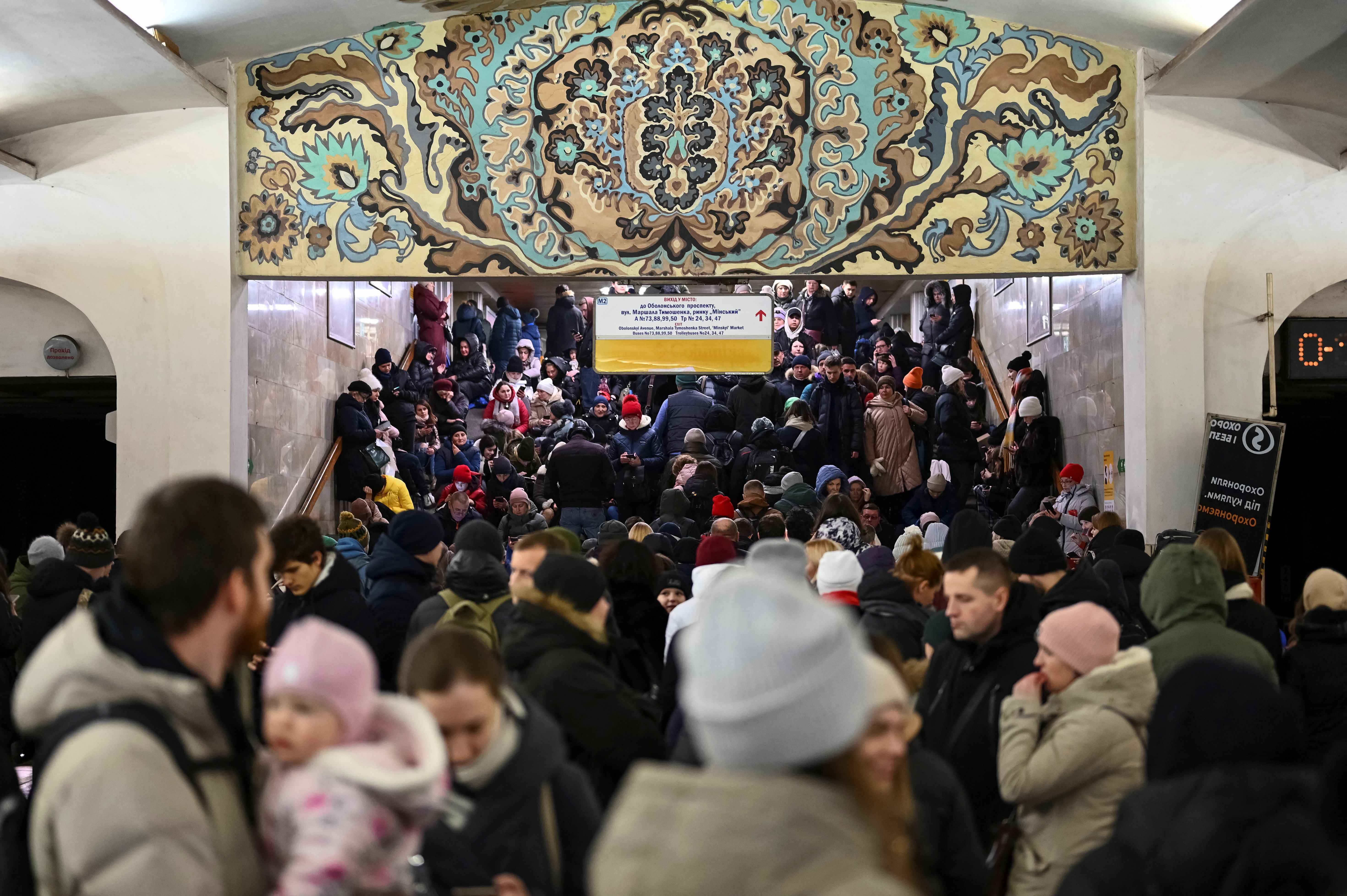2023-01-19T04:50:37Z
Germany will send German-made tanks to Ukraine so long as the United States agrees to do likewise, a government source in Berlin told Reuters, as NATO partners remained out of step over how best to arm Ukraine in its war against Russia.
* The Pentagon is still not prepared to meet Kyiv’s request for M1 Abrams tanks, said Colin Kahl, the Pentagon’s top policy adviser after returning from a trip to Ukraine.
* Zelenskiy said in a video address to the World Economic Forum in Davos that Western supplies of tanks and air defence units should come more quickly and before Russia mounted fresh missile and armoured assaults.
* Canada summoned Russia’s ambassador to Ottawa over attacks against civilians in the Ukrainian city of Dnipro that killed at least 45 people, including several children.
* Russian Foreign Minister Sergei Lavrov drew a sharp rebuke from the White House for saying the United States had assembled a coalition of European countries to solve “the Russian question” in the same way that Adolf Hitler had sought a “final solution” to eradicate Europe’s Jews. read more
* The United States will provide $125 million to Ukraine to support its energy and electric grids following targeted attacks on those utilities by Russian forces, Secretary of State Antony Blinken said.
* “The situation on the frontline remains tough, with Donbas being the epicentre of the most fierce and principled battles,” Zelenskiy said.
* Ukrainian military analyst Oleh Zhdanov said in a YouTube video that Ukrainian army units remained in Soledar, with heavy fighting in western districts despite Russian claims for more than a week that it now controlled the town.
Reuters could not verify battlefield reports.
* Russian President Putin, visiting an air defence factory in St Petersburg, said Russia’s military industrial might meant “victory is assured, I have no doubt about it.”
* Ukraine’s interior minister and a child were among at least 14 people killed when a helicopter crashed into a nursery and set it ablaze in a suburb of the capital Kyiv.
* It was not immediately clear what caused the helicopter to crash. Zelenskiy has asked for an investigation.
Related Galleries:

Ritual workers carry bodies of victims as they walk past tributes for victims, near the site of a helicopter crash, amid Russia’s attack on Ukraine, in the town of Brovary, outside Kyiv, Ukraine, January 18, 2023. REUTERS/Nacho Doce

Emergency personnel work at the site where an apartment block was heavily damaged by a Russian missile strike, amid Russia’s attack on Ukraine, in Dnipro, Ukraine January 15, 2023. REUTERS/Clodagh Kilcoyne

Emergency personnel work at the site where an apartment block was heavily damaged by a Russian missile strike, amid Russia’s attack on Ukraine, in Dnipro, Ukraine January 15, 2023. REUTERS/Clodagh Kilcoyne

A local woman holds her cat rescued by emergency workers at the site where an apartment block was heavily damaged by a Russian missile strike, amid Russia’s attack on Ukraine, in Dnipro, Ukraine January 15, 2023. REUTERS/Yevhenii Zavhorodnii

Ukrainian servicemen fire a BM-21 Grad multiple launch rocket system towards Russian positions on a frontline near the town of Bakhmut, amid Russia’s attack on Ukraine, in Donetsk region, Ukraine January 15, 2023. REUTERS/Oleksandr Ratushniak

Natalya and Yelena, 65, who didn’t give their family names react while standing in a corridor of a temporary accommodation centre located in a local dormitory for civilians evacuated from the salt-mining town of Soledar in the course of Russia-Ukraine conflict, in Shakhtarsk (Shakhtyorsk) in the Donetsk Region, Russian-controlled Ukraine, January 14, 2023. REUTERS/Alexander Ermochenko

Ukrainian servicemen have coffee before moving to their position on a frontline near the town of Bakhmut, amid Russia’s attack on Ukraine, in Donetsk region, Ukraine January 15, 2023. REUTERS/Oleksandr Ratushniak

A woman pushes a stroller loaded with a sack of coal for heating her house, amid Russia’s attack on Ukraine, in the village of Nykyforivka, Donetsk region, Ukraine, January 15, 2023. REUTERS/Oleksandr Ratushniak

People take shelter inside a metro station during massive Russian missile attacks in Kyiv, Ukraine January 14, 2023. REUTERS/Viacheslav Ratynskyi

People dance to music as they take shelter inside a metro station during massive Russian missile attacks in Kyiv, Ukraine January 14, 2023. REUTERS/Clodagh Kilcoyne

Emergency personnel work at the site where an apartment block was heavily damaged by a Russian missile strike, amid Russia’s attack on Ukraine, in Dnipro, Ukraine January 15, 2023. REUTERS/Clodagh Kilcoyne

Emergency personnel work at the site where an apartment block was heavily damaged by a Russian missile strike, amid Russia’s attack on Ukraine, in Dnipro, Ukraine January 15, 2023. REUTERS/Clodagh Kilcoyne

A satellite view shows a closer view of exploding munitions, in Bakhmut, Ukraine, January 3, 2023. Satellite image 2023 Maxar Technologies./Handout via REUTERS

A satellite view shows destroyed apartment buildings and homes, in Soledar, Ukraine, January 10, 2023. Satellite image ?2023 Maxar Technologies./Handout via REUTERS















